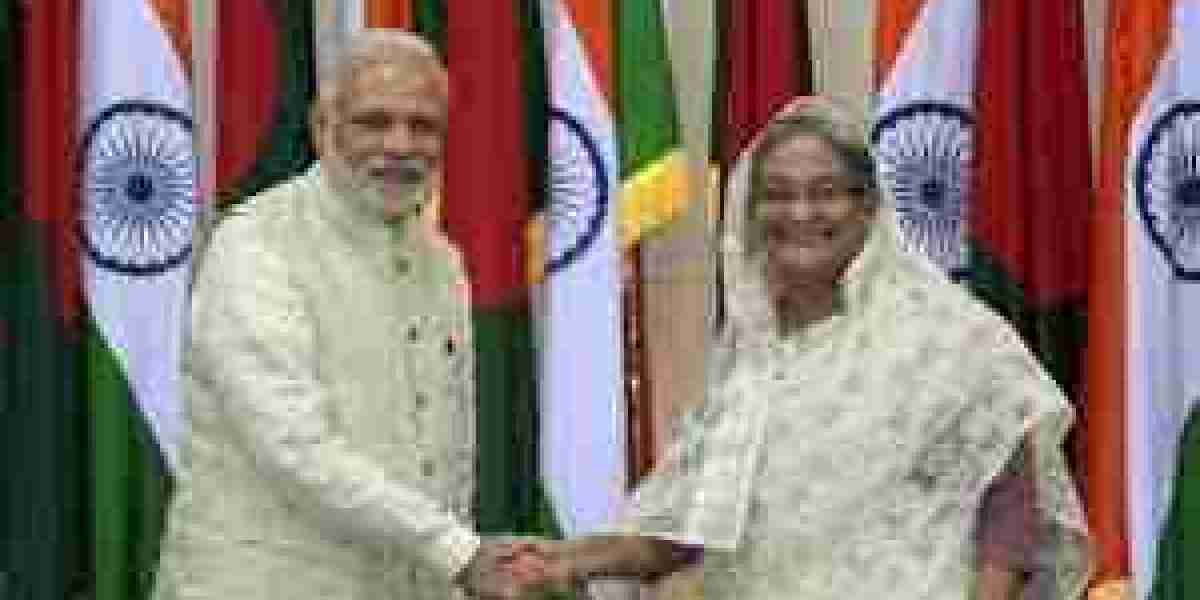India and Bangladesh share a deep-rooted historical, cultural, and geographical relationship. Since the liberation of Bangladesh in 1971, supported by India, the India Bangladesh bilateral ties have witnessed both periods of cooperation and tension. In recent years, the partnership has evolved into one of strategic and economic significance, with both nations working on cross-border connectivity, trade, and security collaboration. However, the regional dynamics, especially with the involvement of Pakistan, continue to influence how this relationship unfolds.
Strengthening Bilateral Cooperation
India and Bangladesh have made considerable progress in strengthening ties across various sectors. Connectivity projects such as rail links, inland waterways, and roadways have been revived to facilitate trade and mobility. Agreements on the sharing of river waters, power trade, and digital partnerships also signify growing interdependence. India has emerged as one of Bangladesh’s top trading partners, and both countries are members of regional forums like BIMSTEC and SAARC, aiming to enhance cooperation.
Security and Border Management
Security cooperation is another cornerstone of the India Bangladesh relationship. Joint efforts in combating terrorism, curbing illegal cross-border movement, and maintaining peace along the international border have contributed to stability in the region. The regular engagement between border security forces reflects the mutual interest in managing sensitive border areas efficiently and peacefully.
Challenges in the Relationship
Despite positive strides, some issues continue to test the resilience of India Bangladesh relations. The Teesta water-sharing agreement remains unresolved, causing frustration in Bangladesh. Similarly, the concerns of the Bangladeshi population regarding the Citizenship Amendment Act (CAA) and the National Register of Citizens (NRC) in India have created diplomatic discomfort. While leaders from both sides have tried to downplay these concerns, domestic politics and public sentiment remain influential.
The Pakistan Factor
The historical and political rivalry between India and Pakistan continues to cast a shadow over India’s neighbourhood policies. Pakistan’s attempts to rebuild diplomatic ties with Bangladesh through trade proposals and shared religious and cultural sentiments are closely observed by Indian strategists. Though Bangladesh has largely aligned with India’s strategic priorities, any shift in Dhaka’s engagement with Islamabad could affect the delicate balance in South Asian geopolitics. India remains cautious of Pakistan’s outreach and continues to invest in ensuring that India Bangladesh ties remain strong and mutually beneficial.
Regional Geopolitics and the Way Forward
With growing Chinese involvement in Bangladesh’s infrastructure and defence sectors, India’s strategic calculus is evolving. India is now focused on maintaining goodwill through consistent engagement, cultural diplomacy, and economic support. For Bangladesh, balancing relations with its larger neighbours—India and China—will be crucial in safeguarding its sovereignty and development interests.
Conclusion
The India Bangladesh relationship stands at a critical juncture, influenced by regional geopolitics and historical sensitivities. While the two countries have made significant progress in enhancing cooperation, they must continue to address unresolved issues through open dialogue. A strong and stable India Bangladesh partnership is vital not only for their national interests but also for peace and prosperity in South Asia.




